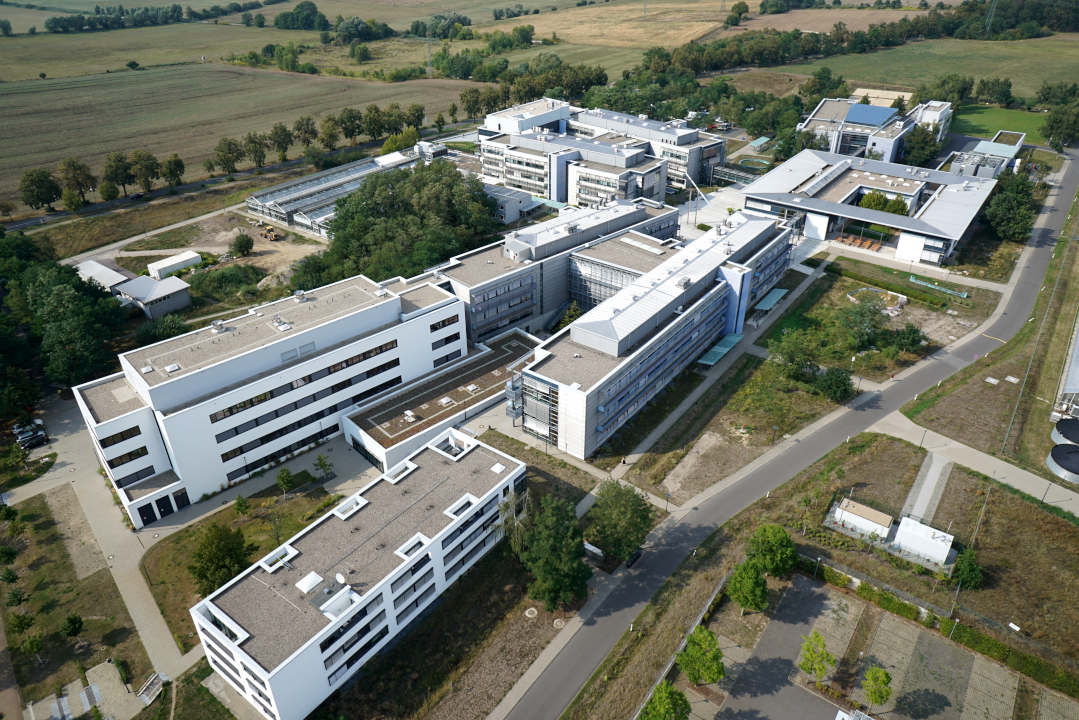
Max Planck Campus
The Max Planck Institute for Colloids and Interfaces, the Max Planck Institute for Molecular Plant Physiology and the Max Planck Institute for Gravitational Physics (Albert Einstein Institute) form the Max Planck Campus in the Potsdam Science Park. From the microcosm to outer space – that could be the motto of the three institutes. From basic research with microalgae and the development of sugar-based vaccines and intelligent biomaterials to the discovery of gravitational waves – the renowned Max Planck Institutes have made Potsdam-Golm world-renowned.
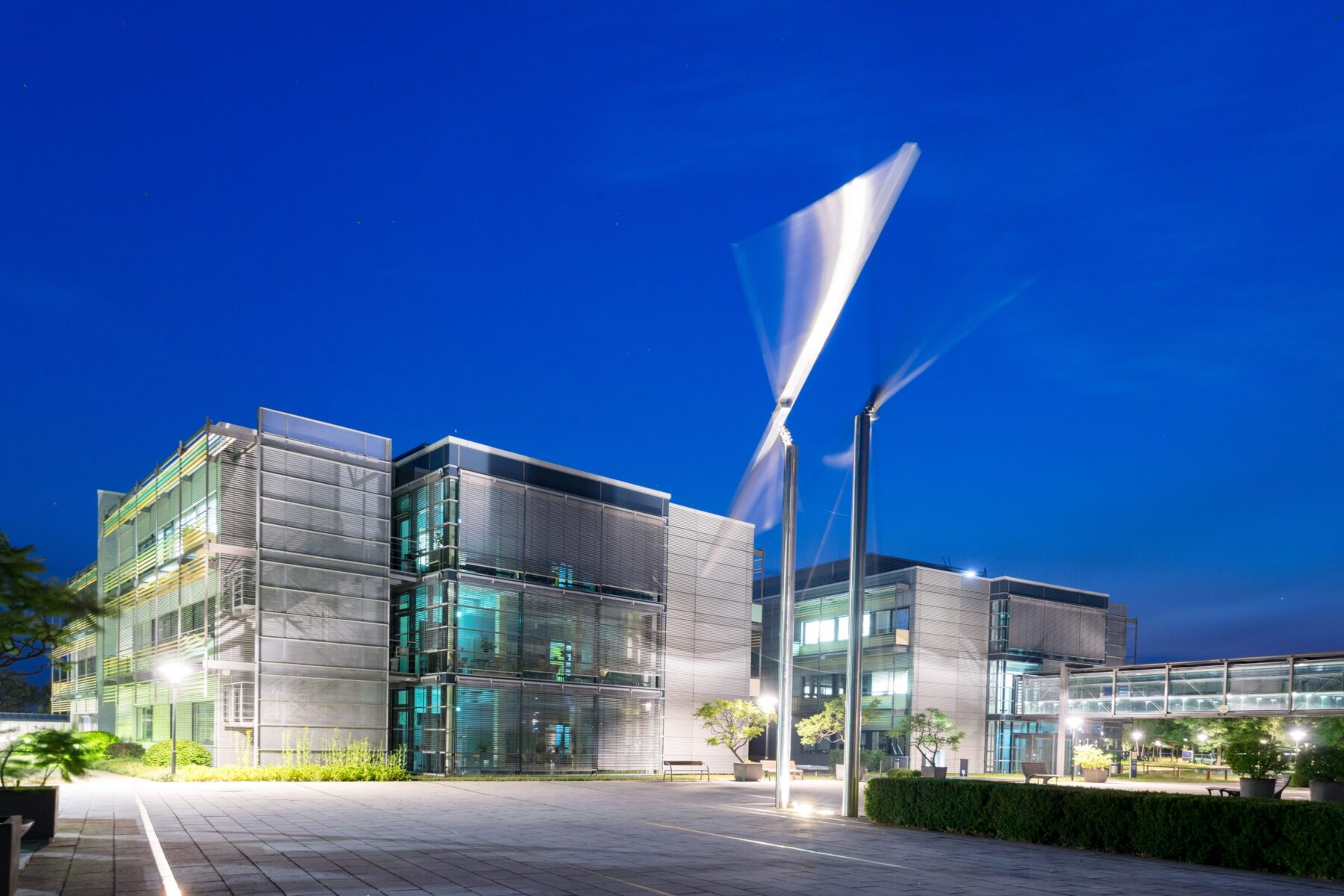
Max Planck Institute of Molecular Plant Physiology (MPI-MP)
As part of a holistic approach, scientists at the MPI-MP are concerned with understanding the interactions of the processes taking place in plants. The goal is to understand plant growth and make predictions about their behavior.
Main research topics:- New approaches in breeding: Identification of important genes by quantitative genetics in crops
- Crossing barriers: Epigenetic mechanisms regulate whether species can successfully cross with each other. They are relevant with regard to breeding and evolution
- Biotechnology: New methods of controlling pests in agriculture could reduce the use of chemical pesticides in the future
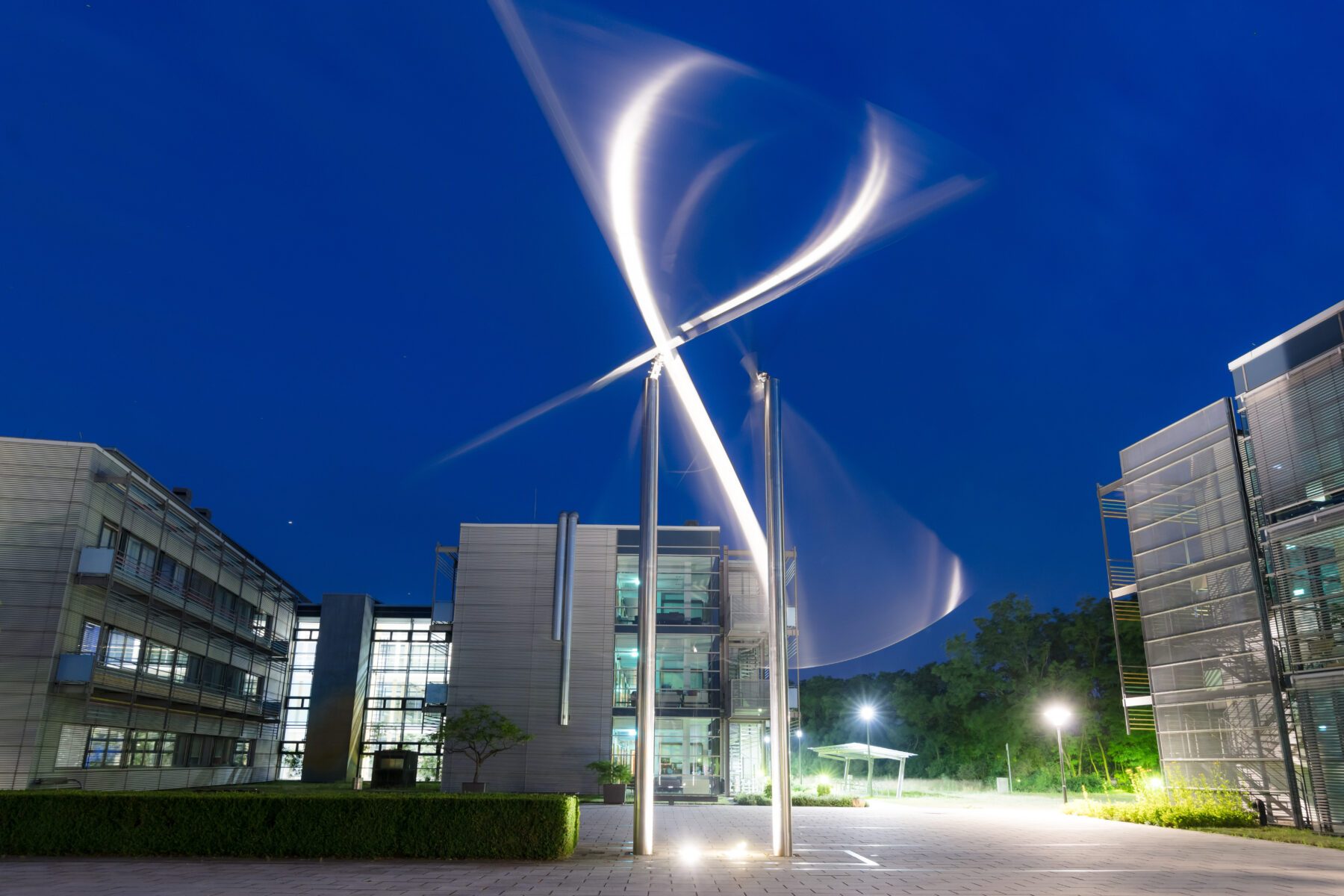
Max Planck Institute for Colloids and Interfaces (MPICI)
The world of hidden dimensions: Research is focused on the investigation and control of very small and thin structures in the nanometer and micrometer range. These tiny structures determine the properties of materials and bio-systems.
Main research topics:- Bioinspired Materials (Department of Biomaterials): Biological materials as a model: Bones can degrade if they are not subjected to enough stress and build up through regular training. The MPCI is researching new materials that can adapt to specific requirements.
- Automation of Chemistry (Department of Biomolecular Systems): Complex sugar chains can be artificially produced within a few hours using automated synthesis machines. This is how vaccine candidates are created.
- Green Chemistry (Department of Colloid Chemistry): Soils are the basis of life and climate protectors at the same time. Within twelve hours, a product mixture comparable to natural humic substances is created, which can be added to the soils.
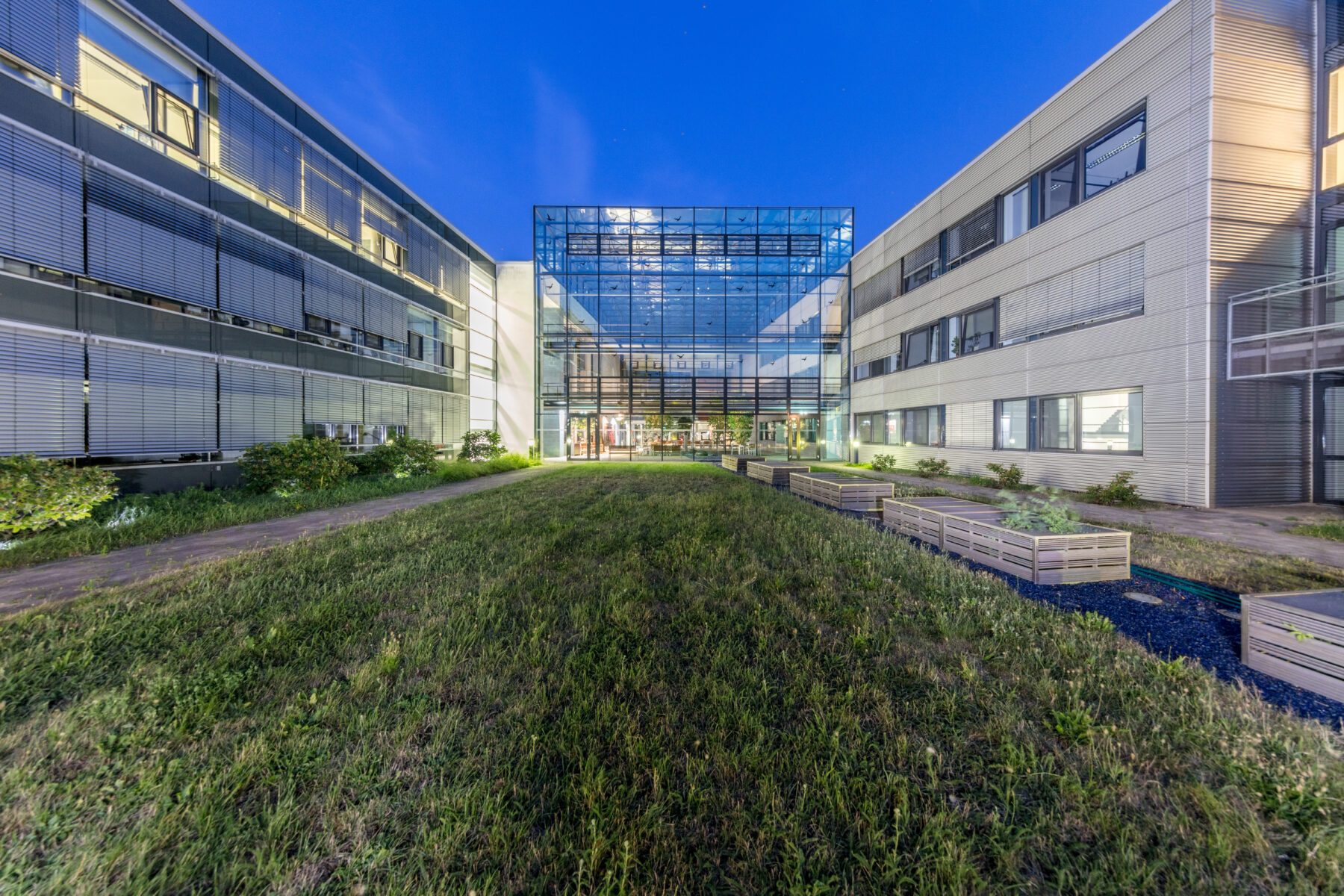
Max Planck Institute for Gravitational Physics (Albert Einstein Institute)
The Max Planck Institute for Gravitational Physics, with its locations in Potsdam and Hannover, is the world's largest research institute on general relativity and other related topics.
Main research topics:- Astrophysical and cosmological relativity: Accurate analytical and numerical modelling of the sources of gravitational waves – e.g. melting black holes and neutron stars – can provide unique astrophysical and cosmological information from the observed signals.
- Numerical and relativistic astrophysics: Numerical-relativistic simulations of cosmic events involving gravitational waves and electromagnetic radiation improve our understanding of extreme astrophysical events in the context of multimessenger astronomy.
- Quantum gravity and unified theories: The unification of general relativity with quantum mechanics into a theory of quantum gravity should simultaneously lead to a consistent unification of all fundamental forces of nature.
Contact Persons
If you have any questions about the Max Planck Institutes, please do not hesitate to contact us.
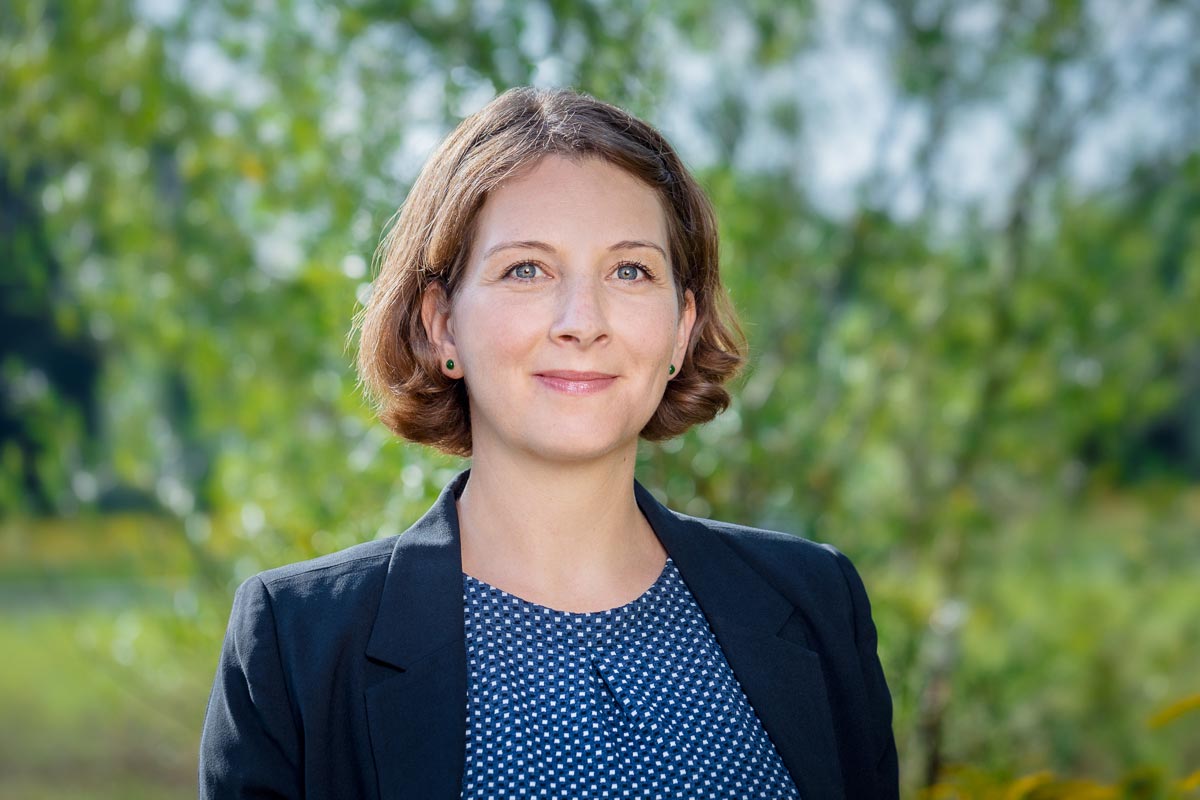
Julia Hinz
Site marketing
julia.hinz@potsdam-sciencepark.de + 49 331 237 351 109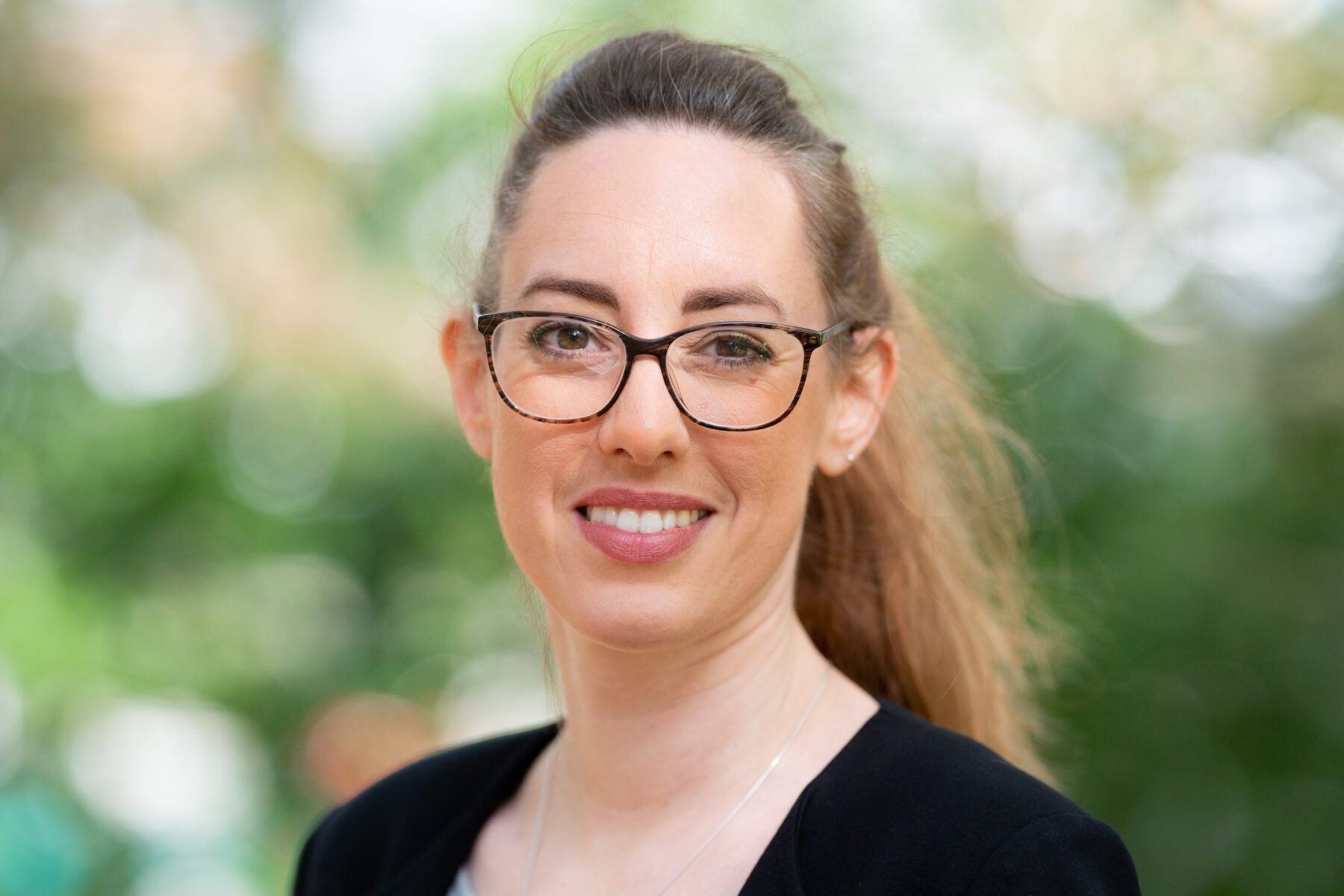
Karen Esser
PR & Communications
karen.esser@potsdam-sciencepark.de + 49 331 237 351 103